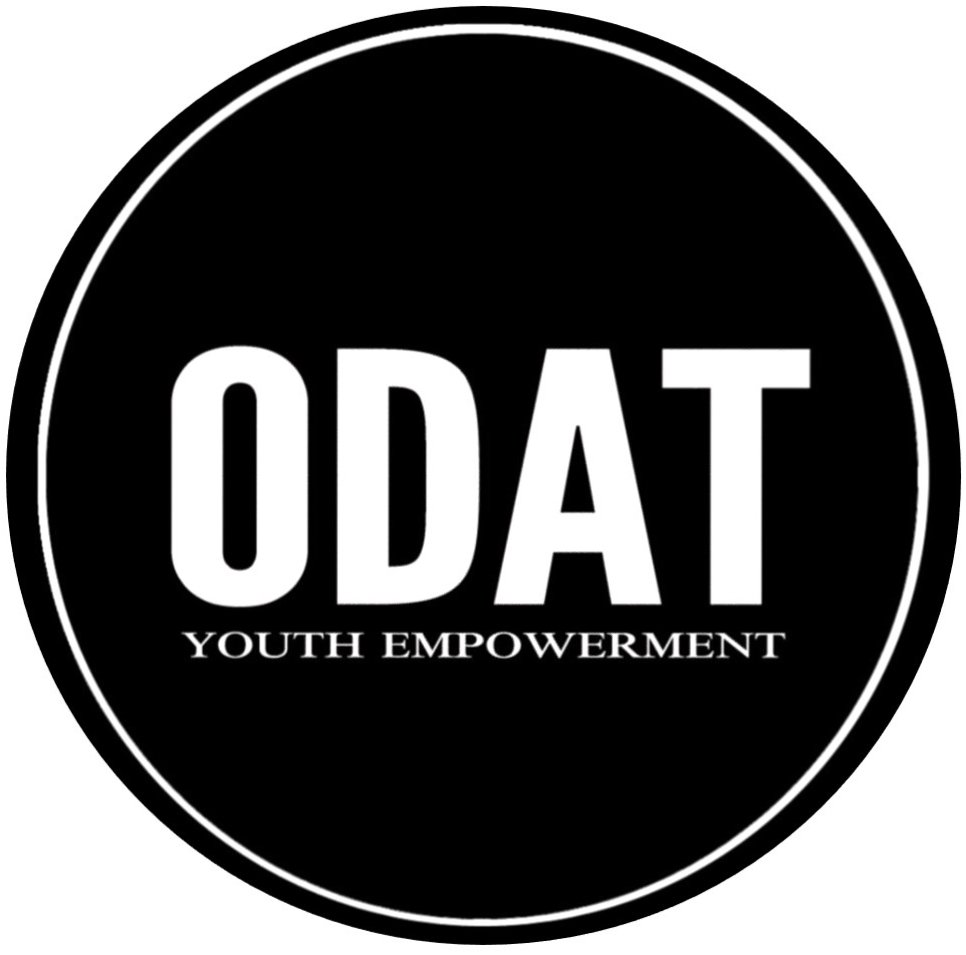John Muir Trauma Center - Walnut Creek
Beyond Violence
The Beyond Violence program’s purpose is to provide direct intervention and prevention support to qualifying victims of violence and promote positive alternatives to reduce violence, retaliation, re-injury and arrest within East Contra Costa County. ODAT provides long term case coordination, linkages to community services, home visits and follow up assistance.
As in our school linked program, the main focus is to build a strong relationship with our clients and sometimes their families in order to assist them during their recovery and be an advocate in linking them to additional resources. Our program is unique in that we always have an open door policy with the population we serve. Although, the services we offer are for 12 months; if at any point after those 12 months a client needs additional support, they can contact our IS to guide them in the right direction or offer referrals to other resources.
ODAT has partnered with John Muir Trauma Center- Walnut Creek to offer the Beyond Violence program in East Contra Costa County. The Beyond Violence program is part of a National Network of Hospital Violence Intervention Prevention (NNHVIP) programs. This program is a method of combatting the revolving door of violence injuries in our communities. ODAT’s Beyond Violence approach combines referrals to community, county and school resources in order to reduce or prevent risks of re-injury, retaliation and recidivism linked with violence.
Studies over a 5 year span found that hospital readmission rates for youth of recurrent violent injuries are as high as 44% due to assault and 20% due to homicide. Without intervention, hospitals discharge violently injured patients to the same environments where they were injured, without a prescription for how to stay safe and sometimes with feelings of seeking revenge. This leads to a revolving door of violence, causing more injuries, arrests, incarcerations, and, unfortunately deaths.
The Beyond Violence approach, shared by other NNHVIP programs; is to take advantage of the teachable moment at the hospital bedside; when a person is most vulnerable and can either seek retaliation for the violence committed against them, or can turn their traumatic experience into a moment of learning. This is when many of our clients are more open to addressing the risk factors tied to intentional violence and breaking the cycle of violence. Clients are linked with our own Intervention Specialist (IS) and direct support is provided to qualifying victims. Victims are qualified and referred to ODAT by the John Muir Trauma Center in Walnut Creek.
The IS provides services and referrals in order to improve educational attainment, employability, health status and social and professional skills. Services are provided for up to 12 months and include:
- Crisis intervention
- Case management
- Assistance and guidance in applying for county and community-based services
- Mentoring
- Home visits
- Transportation to and from appointments relating to violence inferred injury
- Follow-up assistance to promote mental and physical recovery from trauma
- Some financial resources may be offered on a case by case basis for clients facing extreme hardships.
- Connections to physical & mental health services
- Connections to substance abuse treatment programs
A combination of intervention at the hospital bedside followed by community-based case management has shown to significantly reduce risk factors for re-injury, retaliation, incarceration and significantly improves health and morbidity outcomes among clients.
Program objectives are to:
- Prevent re-injury, retaliation and recidivism
- Improve educational attainment:
- Any client who does not already have a High School Diploma or GED should be enrolled in an educational program leading to a High School Diploma or GED
- Any client who does have a High School Diploma or GED should be encouraged to enroll in college
- Improve employability:
- Link all clients identifying employment as a need with a job training program (ex: One Stop Career Center, Conservation Corps/ CivicCorps, AmeriCorps, certification program for a vocational trade)
- Assist all clients identifying employment as a need with job seeking & job readiness (ex: resume writing, job application completion, interview preparation)
- Improve health status:
- Link all clients and/or close family members with mental health support (ex: counseling for PTSD, anger management, general mental health, substance abuse, church-based counseling
- Improve social and professional skills & build sustainable support network

